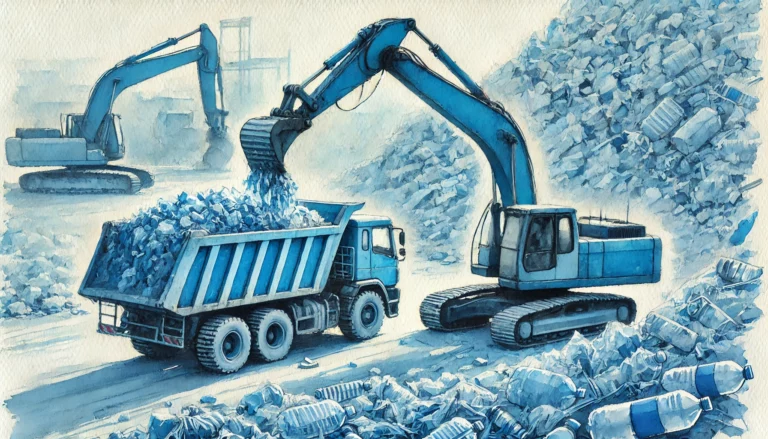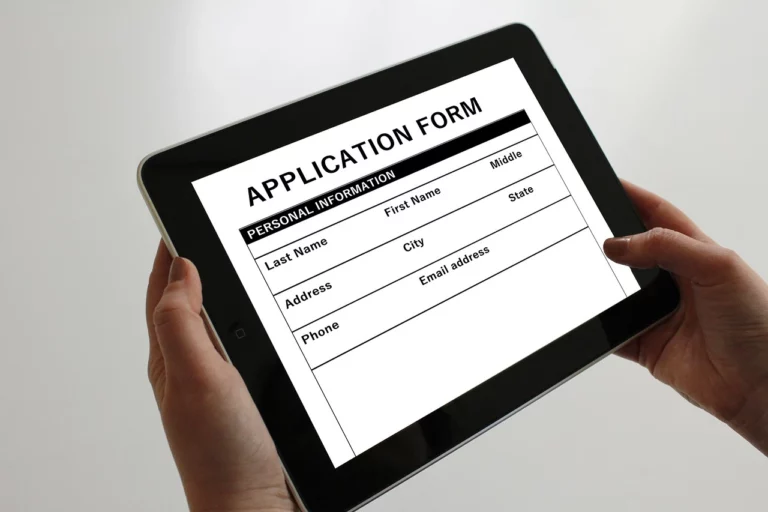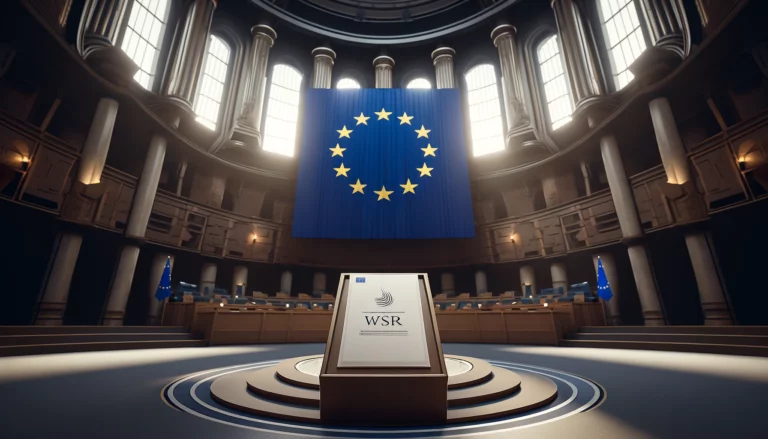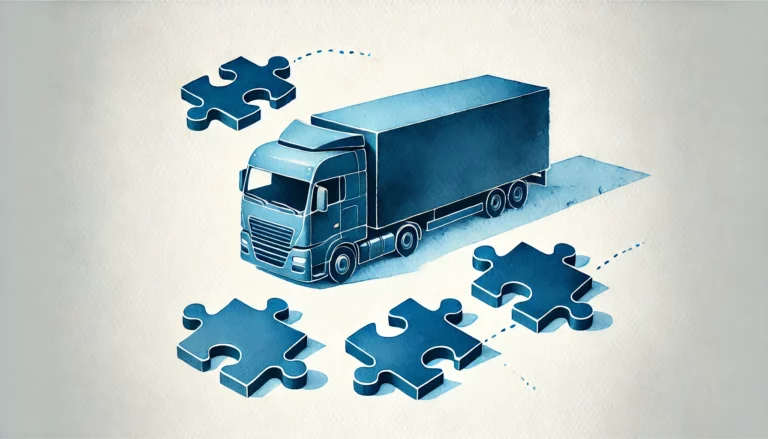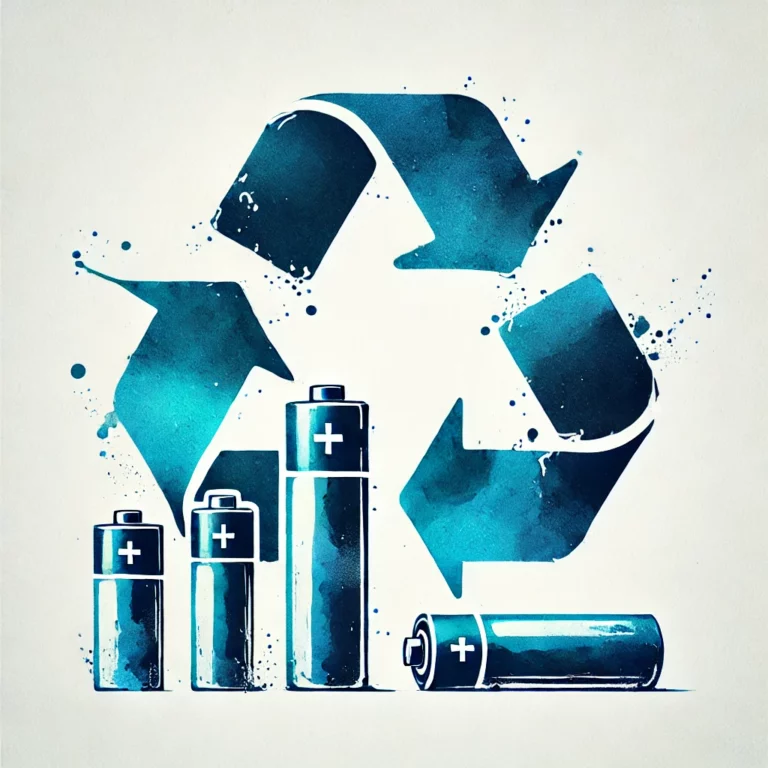Full steam ahead: waste permits in Austria amid new train rules
Do you want to transport waste to Austria? You’ve probably heard that a waste permit is essential. But then you discovered that simply registering in Austria isn’t sufficient. “Why is that?” you might wonder. Continue reading to learn about the new regulations for transporting waste to or through Austria. Find out the latest requirements mandating the use of trains for transport of certain types of waste.
Austrian waste law – history
Austria has a long history of stringent waste management practices, evolving significantly over the decades to address growing environmental concerns. The first comprehensive waste management regulation, the Waste Management Act (Abfallwirtschaftsgesetz, AWG), was enacted on January 1, 2002. This act laid the groundwork for a structured approach to waste management, emphasizing waste reduction, recycling, and safe disposal. Over the years, several amendments have been made to the AWG to incorporate new EU directives and address emerging environmental issues.
In 2010, significant revisions were introduced through the Federal Waste Management Plan. They provided detailed guidelines on waste prevention, treatment, and disposal. The 2015 amendment to the AWG further tightened regulations, focusing on improving recycling rates and reducing landfill use. These laws have established Austria as a leader in sustainable waste management, with a legal framework that continually adapts to meet environmental goals.
Waste management in Austria
Austria’s waste management system is highly efficient and one of the best in Europe. According to the latest statistics, Austria generates approximately 60 million tonnes of waste annually. Of this, around 58% is recycled, placing Austria among the top recycling nations in the EU. The country has also invested heavily in waste-to-energy facilities, with about 30% of waste being incinerated to produce energy. This process not only reduces the volume of waste sent to landfills but also provides a significant source of renewable energy.
Despite these efforts, a small percentage of waste still needs to be transported abroad for treatment and disposal, primarily due to the limitations of domestic facilities in handling certain hazardous wastes. This external transport is strictly regulated, requiring comprehensive waste permits to ensure compliance with both national and EU laws. Austria’s commitment to reducing waste export and improving local treatment capabilities is evident in its continuous investment in advanced waste management technologies.
Recent changes
In response to growing environmental concerns and the need for more sustainable transport solutions, Austria has recently updated its Waste Management Act. The most notable change, effective from 2023, is the introduction of mandatory train transport for specific types of waste. This regulation aims to reduce the carbon footprint of waste transportation by shifting a significant portion of waste transport from road to rail. Trains are more efficient and produce fewer emissions, aligning with Austria’s broader environmental goals.
The new train transport requirement specifies that companies must use rail for transporting large volumes of waste (10 tonnes or more). To comply, carriers must obtain a waste notification if the transport covers 200km or more within Austria. This change not only enhances the sustainability of waste management in Austria but also ensures that the transport process adheres to the highest safety and environmental standards.
Obtaining Austrian waste permit
Importance of waste permits
Securing a waste permit is crucial for any entity intending to transport waste to or through Austria. These permits ensure that the transport process complies with national and EU regulations, safeguarding both the environment and public health. It is important to note that the notification for train transport is just one aspect of the compliance requirements. Transporters must still obtain a comprehensive waste licence to legally move waste into Austria.
Consulting services
Navigating the complexities of obtaining a waste permit can be really challenging. This is where consulting services of Waste Transport Solutions come into play. Our team offers expertise and support to help businesses acquire the necessary permits efficiently. They provide guidance on documentation, regulatory compliance, and best practices, ensuring a smooth and lawful waste transport process. Our assistance can be invaluable in managing the administrative and legal aspects of waste transport permits.


